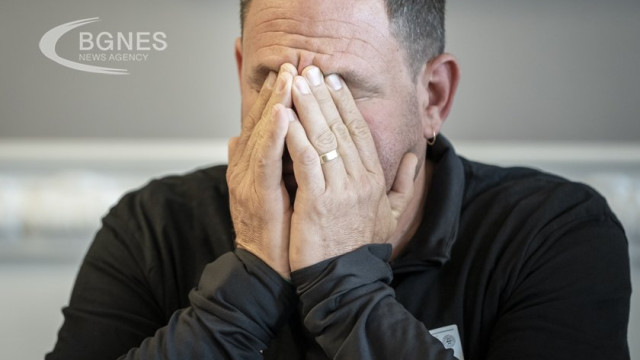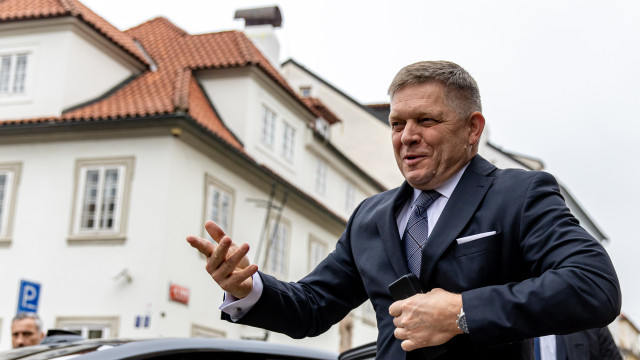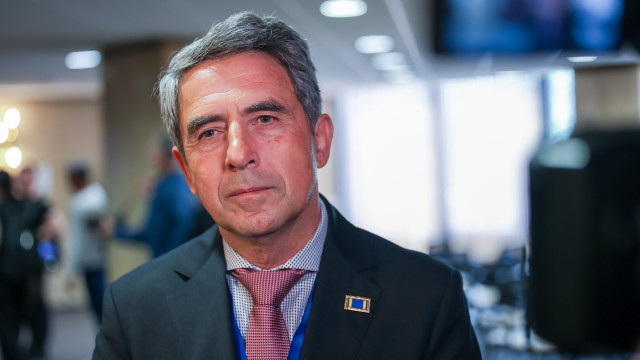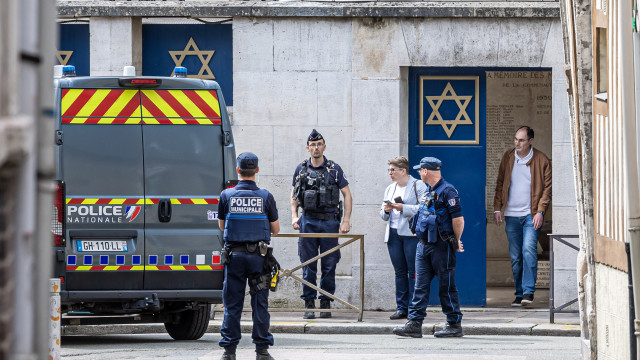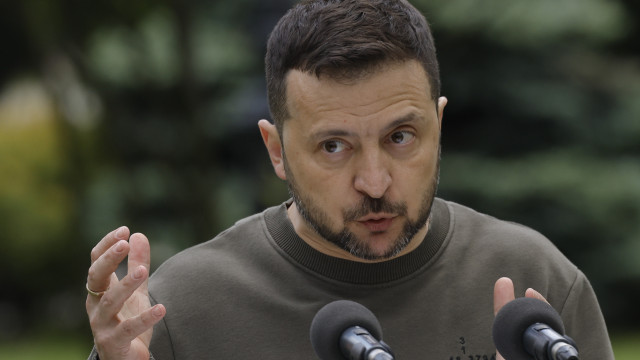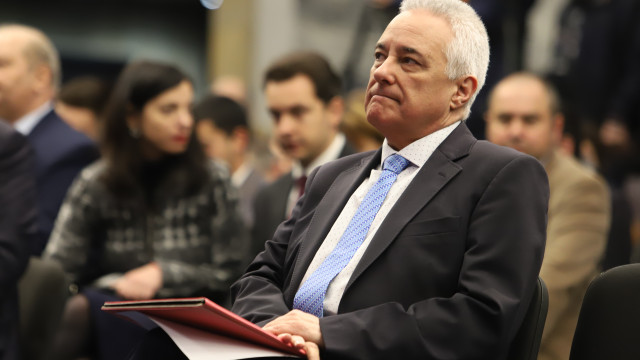The Bulgarian minority currently numbers 12,918 people, while in the 1948 census they were 59,472. Most of them "disappeared" in the period 1971-1991, which is seen as the "golden age" of the country. The representatives of the Bulgarian people are "loyal citizens" - they respect their roots, but also the country in which they live. The representatives of the Bulgarian minority mainly study in Bulgarian universities. The Bulgarian media in Serbia are not funded and under pressure.
This is stated in an extensive report of the Belgrade edition "Danas", which the BGNES Agency published without editorial intervention.
"Our biggest problem is poverty. It's good that between us and the majority of the population there is unity and tolerance, which is also logical, because we share the same space and history, we have the same religion, customs and habits", often say interlocutors from the Bulgarian minority in Serbia. According to this census, their percentage is highest in Bosilegrad, where 4,075 out of a total of 6,065 citizens (67.18%) declared themselves as such, and in Dimitrovgrad, where Bulgarians make up 45.61% of the population, as 3,669 out of 8,043 people have "announced" themselves in this way.
In Nis, for example, only 774 citizens have declared themselves as Bulgarians, in Belgrade - only 899, and in all of Vojvodina - 1,123 citizens.
Belonging to minorities is not always a "good recommendation" for achieving a better life, while "adjusting" to the majority can help, one can hear among those inclined to such an explanation. At the same time, the number of Bulgarians in these parts of Serbia is actually decreasing, because in recent decades they have been physically emptying out, which is certainly contributed to by Bulgaria's entry into the European Union (2007), which opened the doors for emigration to "a better life".
"I am sure that at the moment there are more than 100,000 Bulgarians living in Serbia. I have no explanation and I do not understand why the people on the list did not declare themselves in this way, although we urged them to do it "freely", we explained to them what this meant and that "it's okay". Although many of them have dual citizenship - Serbian and Bulgarian, although they drive cars with Bulgarian number plates, and their children study in Sofia, they did not do it. I am convinced that it is a matter of mimicry and certainly not for assimilation, because Serbia is a democratic country," says Stefan Stoykov, chairman of the National Council of the Bulgarian National Minority. Stoykov specified that the representatives of the Bulgarian people are "loyal citizens" - they respect their roots, but also the country in which they live.
"The biggest problem in Bosilegrad, Dimitrovgrad and part of Babushnica-Zvonetsa and Zvonachka Banya is the economy, i.e. unemployment among people, and we need to work on that," Stoykov said, adding that the state should ensure that as much as if possible, more representatives of the Bulgarian people will enter the security sector - the army, the police, the border police and the firefighters, because among other things, this will make young people stay in these municipalities.
Vanche Bozhkov, professor at the Faculty of Electronics in Nis, in the field of social sciences and humanities, is of the opinion that there is no social distance between the Bulgarian minority and the people of the majority.
"This can be seen, among other things, at international scientific meetings, where Serbs, Bulgarians and Macedonians communicate, which is normal, because there are many things that connect us, from religion to habits, and few things that separate us. "There are many marriages between members of the Bulgarian and Serbian communities," says Bozhkov.
He adds that the University of Niš cooperates with universities in Bulgaria - from student exchange to joint scientific and educational projects, and that there is almost no university in Serbia that does not do this.
"It is true that students from Bulgaria do not come to study here, but representatives of the Bulgarian minority go to study in Bulgarian universities. At the same time, Bulgarian citizens are increasingly studying in Western Europe, which is accessible to them because it is a member of EU," he says.
"I think that there are enough Bulgarian-language media in Serbia and they are of great importance, but the question is how objectively, professionally and realistically these media present the problems and the situation of the members of the Bulgarian community as a whole. At the same time, more than 20 years in public the RTS service does not have a television program in Bulgarian," Videnov said.
He stated that "there is also a great influence of the authorities, the National Council and the owners, i.e. the founders, on the editorial policy of the Bulgarian-language media", so "the question arises as to how far they meet the needs of the citizens and fulfill the public interest". He emphasizes that journalists and objective minority media are under pressure in their environment.
"It is undeniable that existence is a very important issue, because those working in the media in small settlements like Dimitrovgrad and Bosilegrad have to support their families with something. On the other hand, we should not become an extended arm of the government and propagandists. This is very difficult to achieve in practice," he added. /BGNES

